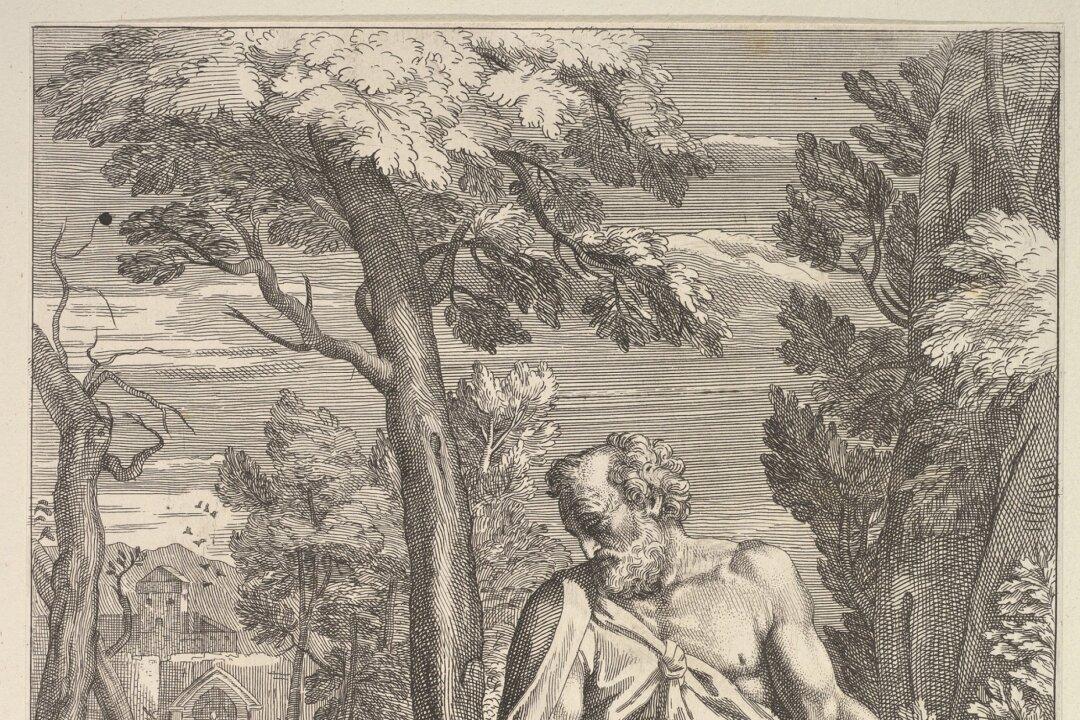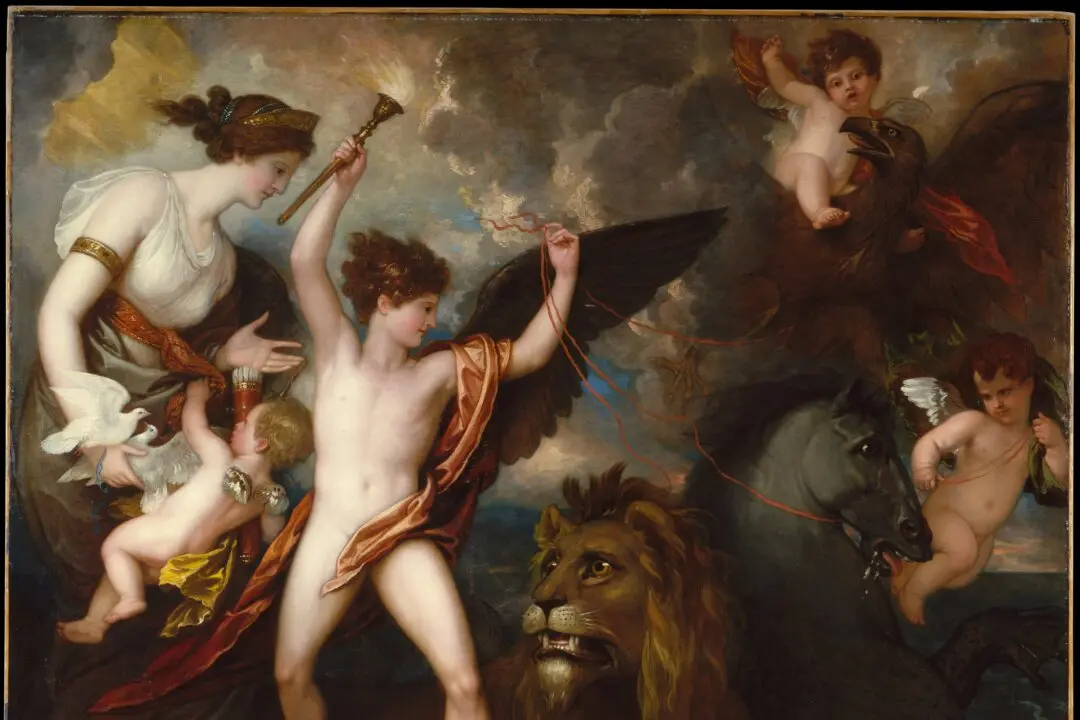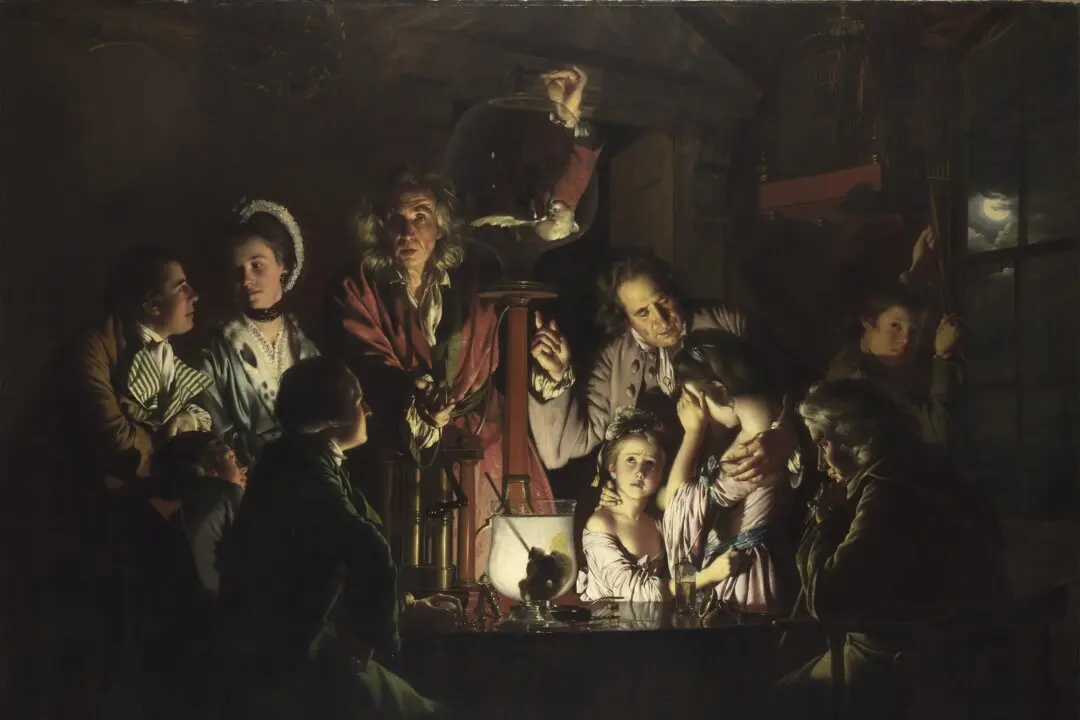The great ancient Greek philosopher Socrates (470–399 B.C.) believed that self-sufficiency is the key to a good life. And that the good life is dependent on our virtue, which is well within our control.
Socrates’s friend Antisthenes (455–365 B.C.) founded the philosophy of cynicism based on freedom as well as Socrates’s ideal of self-sufficiency, and on the belief that these can be realized under the rigors of toil and hardship.






